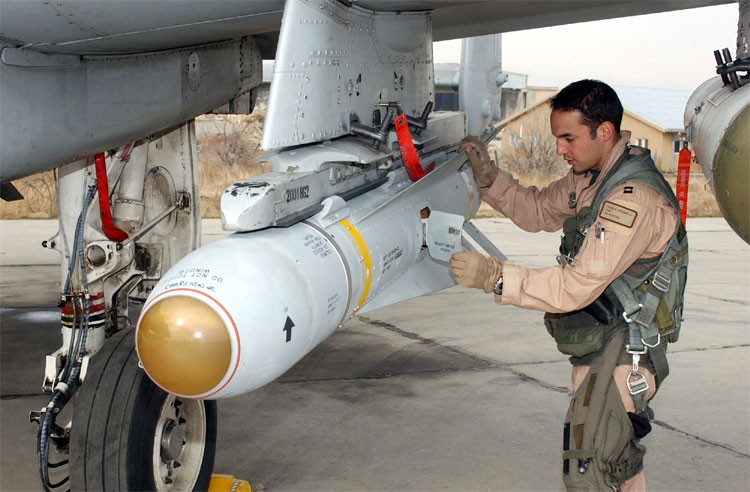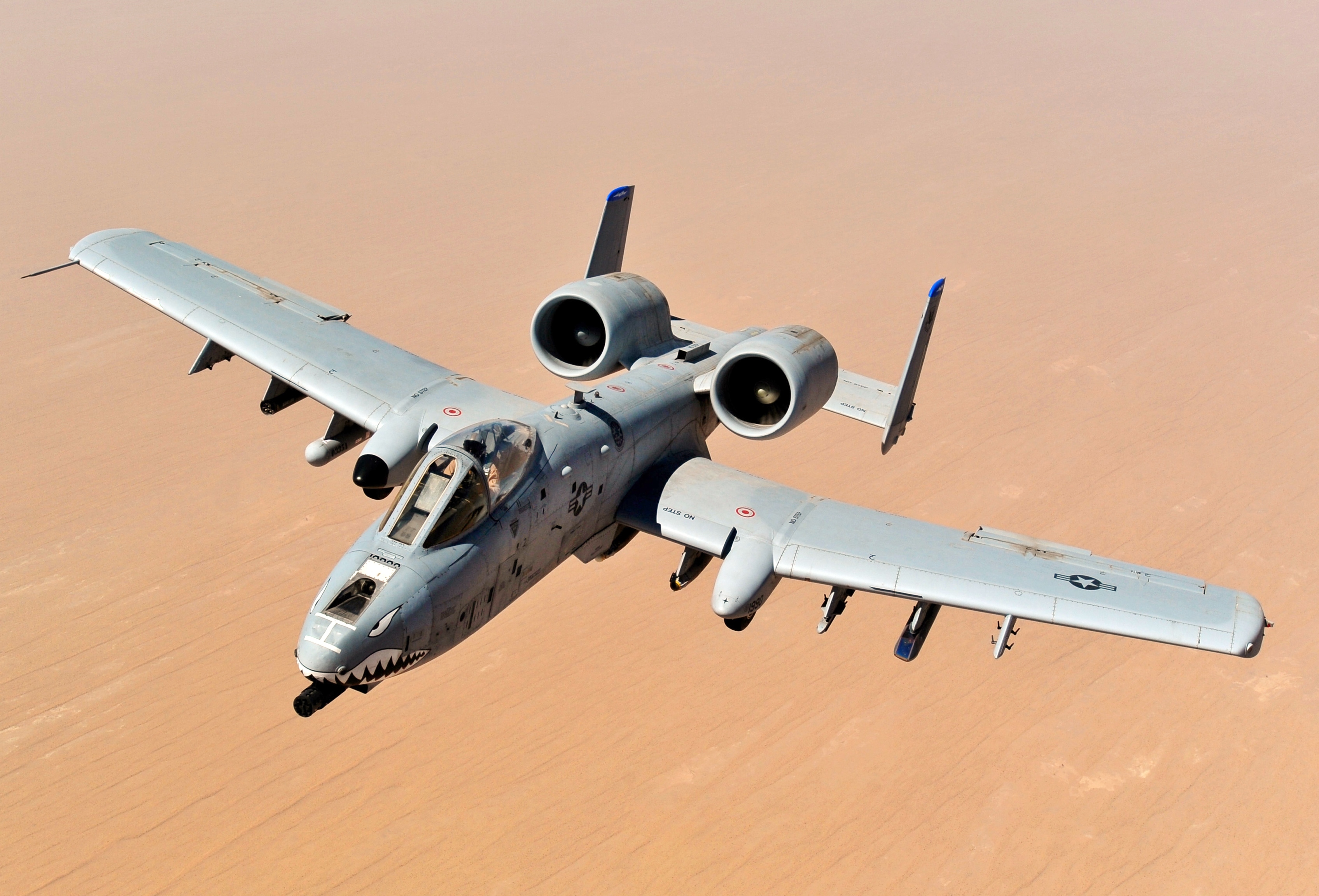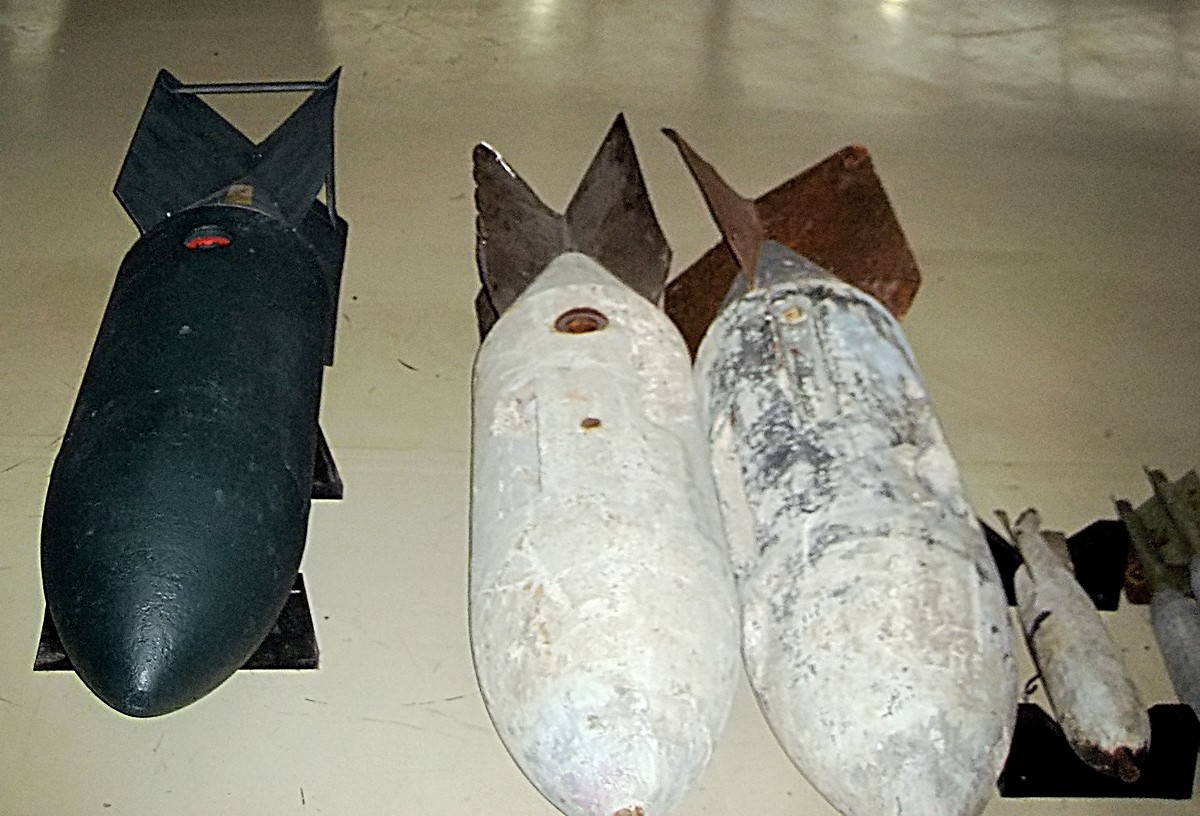|
Air-to-ground
Air-to-ground weaponry is aircraft ordnance used by combat aircraft to attack ground targets. The weapons include bombs, machine guns, autocannons, air-to-surface missiles, rockets, air-launched cruise missiles and grenade launchers. See also * Aircraft ordnance * Attack aircraft * Gunship * Close air support In military tactics, close air support (CAS) is defined as air action such as air strikes by fixed or rotary-winged aircraft against hostile targets near friendly forces and require detailed integration of each air mission with fire and moveme ... Aircraft weapons {{Aero-stub ... [...More Info...] [...Related Items...] OR: [Wikipedia] [Google] [Baidu] |
Air-to-surface Missile
An air-to-surface missile (ASM) or air-to-ground missile (AGM) is a missile designed to be launched from military aircraft at targets on land or sea. There are also unpowered guided glide bombs not considered missiles. The two most common propulsion systems for air-to-surface missiles are rocket motors, usually with shorter range, and slower, longer-range jet engines. Some Soviet-designed air-to-surface missiles are powered by ramjets, giving them both long range and high speed. Guidance for air-to-surface missiles is typically via laser guidance, infrared guidance, optical guidance or via satellite guidance A guided bomb (also known as a smart bomb, guided bomb unit, or GBU) is a precision-guided munition designed to achieve a smaller circular error probable (CEP). The creation of precision-guided munitions resulted in the retroactive renaming of ... signals. The type of guidance depends on the type of target. Ships, for example, may be detected via passive radar or ... [...More Info...] [...Related Items...] OR: [Wikipedia] [Google] [Baidu] |
Attack Aircraft
An attack aircraft, strike aircraft, or attack bomber is a tactical military aircraft that has a primary role of carrying out airstrikes with greater precision than bombers, and is prepared to encounter strong low-level air defenses while pressing the attack.Mortensen 1987, pp. 24–25. This class of aircraft is designed mostly for close air support and naval air-to-surface missions, overlapping the tactical bomber mission. Designs dedicated to non-naval roles are often known as ground-attack aircraft.Gunston 2009, p. 73. Fighter aircraft often carry out the attack role, although they would not be considered attack aircraft ''per se'', although fighter-bomber conversions of those same aircraft would be considered part of the class. Strike fighters, which have effectively replaced the fighter-bomber and light bomber concepts, also differ little from the broad concept of an attack aircraft. The dedicated attack aircraft as a separate class existed primarily during and after Wo ... [...More Info...] [...Related Items...] OR: [Wikipedia] [Google] [Baidu] |
Krzesiny 82RB
The 31st Air Base ( pl, 31. Baza Lotnicza), commonly known as Poznań-Krzesiny Airport is a Polish Air Force base and military airport, located in Krzesiny, part of the Nowe Miasto district of Poznań. The base was officially constituted on 31 December 2000, and since then has been the home base for the 3rd Tactical Squadron. It is the first base to host the recently acquired F-16 fighters. History In 1941, during its occupation of Poznań, Nazi Germany built an aircraft factory at Krzesiny (German: ''Luftwaffenfliegerhorst Kreising''), along with an airfield to service it. The factory, run by Focke-Wulf, was a target for Allied bombers in the course of the war, on 29 May 1944 for Eighth Air Force. On 22 January 1945 the airfield was captured by Red Army and taken over by the Soviet Air Force, which in turn passed it to the Polish military in 1954, which has used it since, hosting various units under changing designations: *since 1954: one of squadrons of 11th Fighter Reg ... [...More Info...] [...Related Items...] OR: [Wikipedia] [Google] [Baidu] |
Aircraft Ordnance
Aircraft ordnance or ordnance (in the context of military aviation) is weapons (e.g. bombs, missiles, rockets and gun ammunition) used by aircraft. The term is often used when describing the weight of air-to-ground weaponry that can be carried by an aircraft or the weight that has been dropped. Aircraft ordnance also includes air-to-air, anti-ship and anti-submarine weapons. Some aircraft types can carry a wide variety of ordnance – for example, the Fairchild AU-23 Peacemaker could use forward-firing gun pods, 500 and 250 pound bombs, napalm units, cluster bomb units, flares, rockets, smoke grenades and propaganda leaflet dispensers. Ordnance can be carried in a bomb bay or hung from a hardpoint. For many weapons there is a limit to the length of time they can be flown (e.g. because of vibration damage); after this their safety or effectiveness is not guaranteed. This can be a problem if weapons designed for high intensity conflict are carried on multiple missions in ... [...More Info...] [...Related Items...] OR: [Wikipedia] [Google] [Baidu] |
Combat Aircraft
A military aircraft is any fixed-wing or rotary-wing aircraft that is operated by a legal or insurrectionary armed service of any type. Military aircraft can be either combat or non-combat: * Combat aircraft are designed to destroy enemy equipment or personnel using their own aircraft ordnance. Combat aircraft are typically developed and procured only by military forces. * Non-combat aircraft are not designed for combat as their primary function, but may carry weapons for self-defense. These mainly operate in support roles, and may be developed by either military forces or civilian organizations. History Lighter-than-air In 1783, when the first practical aircraft (hot-air and hydrogen balloons) were established, they were quickly adopted for military duties. The first military balloon unit was the French Aerostatic Corps, who in 1794 flew an observation balloon during the Battle of Fleurus, the first major battle to feature aerial observation. Balloons continued to be use ... [...More Info...] [...Related Items...] OR: [Wikipedia] [Google] [Baidu] |
Aerial Bomb
An aerial bomb is a type of explosive or incendiary weapon intended to travel through the air on a predictable trajectory. Engineers usually develop such bombs to be dropped from an aircraft. The use of aerial bombs is termed aerial bombing. Bomb types Aerial bombs include a vast range and complexity of designs. These include unguided gravity bombs, guided bombs, bombs hand-tossed from a vehicle, bombs needing a large specially-built delivery-vehicle, bombs integrated with the vehicle itself (such as a glide bomb), instant-detonation bombs, or delay-action bombs. As with other types of explosive weapons, aerial bombs aim to kill and injure people or to destroy materiel through the projection of one or more of blast, fragmentation, radiation or fire outwards from the point of detonation. Early bombs The first bombs delivered to their targets by air were single bombs carried on unmanned hot air balloons, launched by the Austrians against Venice in 1849 during the First Ita ... [...More Info...] [...Related Items...] OR: [Wikipedia] [Google] [Baidu] |
Machine Gun
A machine gun is a fully automatic, rifled autoloading firearm designed for sustained direct fire with rifle cartridges. Other automatic firearms such as automatic shotguns and automatic rifles (including assault rifles and battle rifles) are typically designed more for firing short bursts rather than continuous firepower, and are not considered true machine guns. As a class of military kinetic projectile weapon, machine guns are designed to be mainly used as infantry support weapons and generally used when attached to a bipod or tripod, a fixed mount or a heavy weapons platform for stability against recoils. Many machine guns also use belt feeding and open bolt operation, features not normally found on other infantry firearms. Machine guns can be further categorized as light machine guns, medium machine guns, heavy machine guns, general purpose machine guns and squad automatic weapons. Similar automatic firearms of caliber or more are classified as autocannons, rat ... [...More Info...] [...Related Items...] OR: [Wikipedia] [Google] [Baidu] |
Autocannon
An autocannon, automatic cannon or machine cannon is a fully automatic gun that is capable of rapid-firing large-caliber ( or more) armour-piercing, explosive or incendiary shells, as opposed to the smaller-caliber kinetic projectiles (bullets) fired by a machine gun. Autocannons have a longer effective range and greater terminal performance than machine guns, due to the use of larger/heavier munitions (most often in the range of , but bigger calibers also exist), but are usually smaller than tank guns, howitzers, field guns or other artillery. When used on its own, the word "autocannon" typically indicates a non-rotary weapon with a single barrel. When multiple rotating barrels are involved, such a weapon is referred to as a "rotary autocannon" or occasionally "rotary cannon", for short (particularly on aircraft). Autocannons are heavy weapons that are unsuitable for use by infantry. Due to the heavy weight and recoil Recoil (often called knockback, kickback o ... [...More Info...] [...Related Items...] OR: [Wikipedia] [Google] [Baidu] |
Rocket (weapon)
In military terminology, a rocket is a self-propelled, generally unguided, weapon-system powered by a rocket engine. Though used primarily as medium- and long-range artillery systems, historically rockets have also seen considerable use as air-to-surface weapons, some use as air-to-air weapons, and even (in a few cases) as surface-to-air devices. Examples of modern surface-to-surface rocket systems include the Soviet BM-27 Uragan and the American M270 Multiple Launch Rocket System. In military parlance, a rocket differs from a missile primarily by lacking an active guidance system; early missiles became known as "guided rockets" or "guided missiles". Some rockets were developed as unguided systems and later upgraded to guided versions, like the GMLRS, and these generally retain the term "rocket" instead of becoming "missiles". Rockets or missiles that travel underwater, like the VA-111 Shkval, are known as "torpedoes", whatever their propulsion system. Early development The ... [...More Info...] [...Related Items...] OR: [Wikipedia] [Google] [Baidu] |
Air-launched Cruise Missile
An air-launched cruise missile (ALCM) is a cruise missile that is launched from a military aircraft. Current versions are typically standoff weapons which are used to attack predetermined land targets with conventional, nuclear or thermonuclear payloads. Specific types of ALCMs (current, past and under development) include: *AGM-28 Hound Dog (USA) *AGM-84H/K SLAM-ER (USA) *AGM-86 ALCM (USA) *AGM-129 ACM (USA) * AGM-158 JASSM (USA) *AGM-158C LRASM (USA) * Air-Sol Moyenne Portée ASMP (France) *ASN4G (France) * BrahMos (India/Russia) *BrahMos-NG (India) *BrahMos-II (India/Russia) *CJ-10 (China) *Delilah (Israel) *Hatf-VIII (Ra'ad) (Pakistan) *Hypersonic Attack Cruise Missile USA *Ra'ad-II (Pakistan) *Joint Strike Missile (Norway/USA) *Kalibr-A (Russia) *KEPD 350 (Germany/Sweden) *Kh-20 (USSR) *Kh-32 (Russia) *Kh-35 (Russia) * Kh-55/Kh-555 (USSR/Russia) *Kh-59 (USSR/Russia) *Kh-61 (USSR/Russia) * Kh-101/102 (Russia) *KSR-5 (USSR) *LRSO (Long Range Stand Off Weapon) (USA) * MICLA-BR ... [...More Info...] [...Related Items...] OR: [Wikipedia] [Google] [Baidu] |
Grenade Launcher
A grenade launcher is a weapon that fires a specially-designed large-caliber projectile, often with an explosive, smoke or gas warhead. Today, the term generally refers to a class of dedicated firearms firing unitary grenade cartridges. The most common type are man-portable, shoulder-fired weapons issued to individuals, although larger crew-served launchers are issued at higher levels of organisation by military forces. Grenade launchers can either come in the form of standalone weapons (either single-shot or repeating) or attachments mounted to a parent firearm, usually a rifle. Larger crew-served automatic grenade launchers such as the Mk 19 are mounted on tripods or vehicles. Some armored fighting vehicles also mount fixed arrays of short range, single-shot grenade launchers as a means of defense. History Early precursors The earliest devices which could be referred to as grenade launchers were slings, which could be used to throw early ''grenado'' fuse bombs. The a ... [...More Info...] [...Related Items...] OR: [Wikipedia] [Google] [Baidu] |
Aircraft Ordnance
Aircraft ordnance or ordnance (in the context of military aviation) is weapons (e.g. bombs, missiles, rockets and gun ammunition) used by aircraft. The term is often used when describing the weight of air-to-ground weaponry that can be carried by an aircraft or the weight that has been dropped. Aircraft ordnance also includes air-to-air, anti-ship and anti-submarine weapons. Some aircraft types can carry a wide variety of ordnance – for example, the Fairchild AU-23 Peacemaker could use forward-firing gun pods, 500 and 250 pound bombs, napalm units, cluster bomb units, flares, rockets, smoke grenades and propaganda leaflet dispensers. Ordnance can be carried in a bomb bay or hung from a hardpoint. For many weapons there is a limit to the length of time they can be flown (e.g. because of vibration damage); after this their safety or effectiveness is not guaranteed. This can be a problem if weapons designed for high intensity conflict are carried on multiple missions in ... [...More Info...] [...Related Items...] OR: [Wikipedia] [Google] [Baidu] |



.jpg)




.jpg)